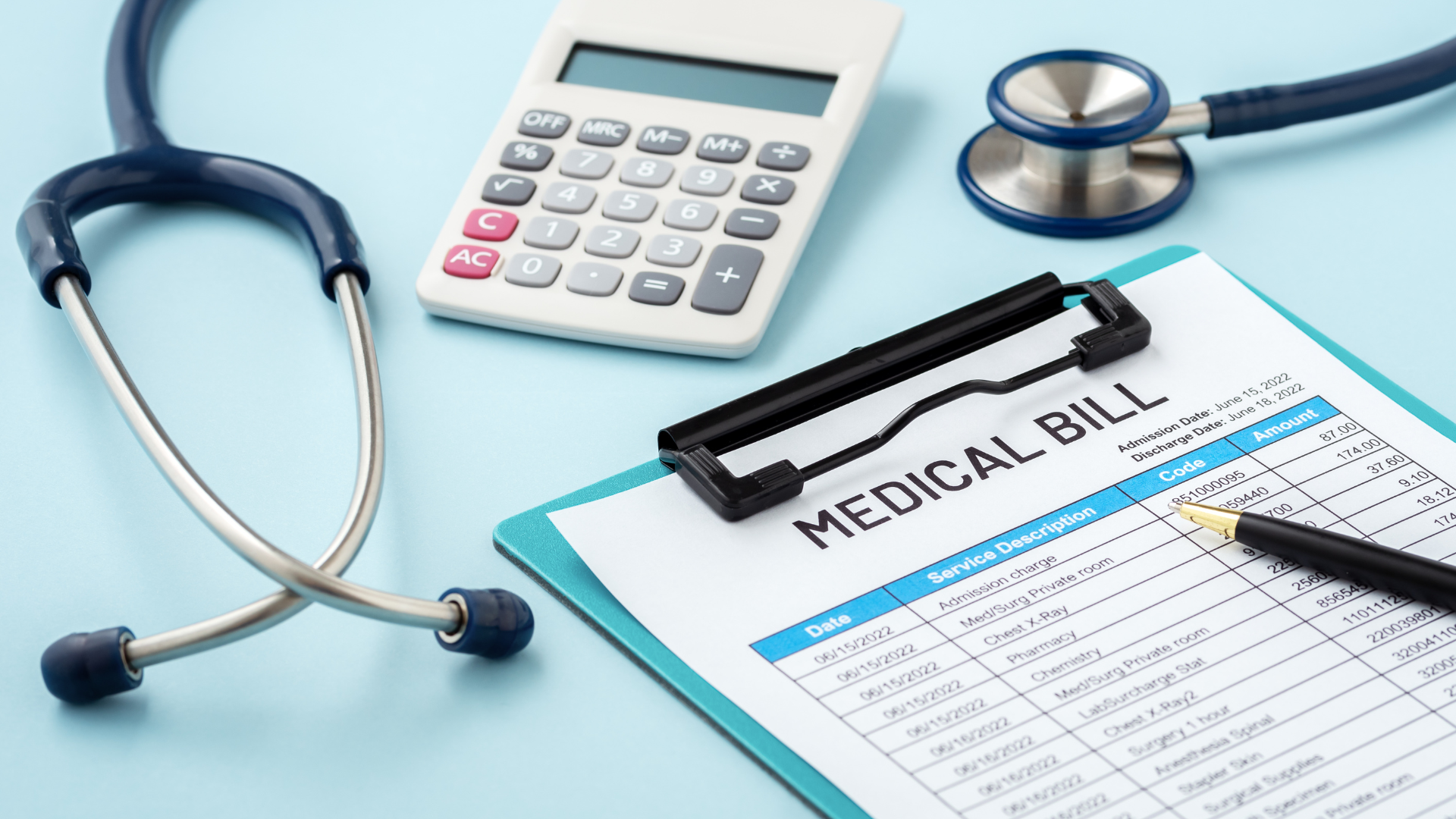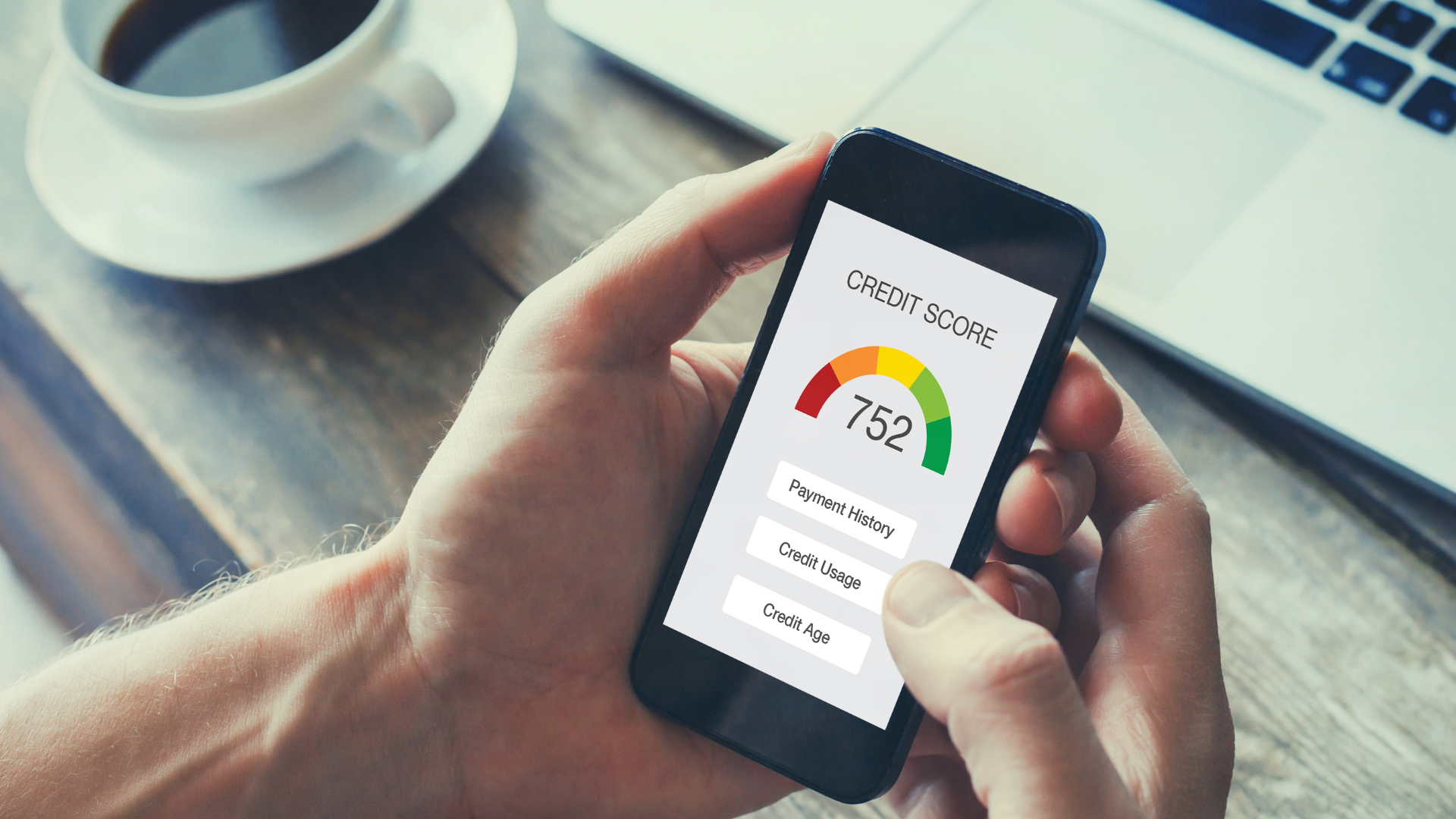5 Smart Ways to Use a Small Loan Without Creating Long-Term Debt
How to Manage Unexpected Expenses with Short-Term Loans
When unexpected expenses hit, it can feel like your finances are spiraling out of control. Whether it is a medical bill, car repair, or urgent household expense, many people turn to small loans to fill the gap. Used wisely, a short-term loan can be a helpful tool—not a financial trap.
At Portside Finance, we believe in lending responsibly and helping our customers use credit to their advantage. A loan should solve a problem, not create a new one. Here are five smart ways to use a small personal loan and keep your finances on solid ground.

1. Covering Essential Car Repairs
Your car is more than just transportation—it is how you get to work, pick up your kids, and manage your life. When it breaks down and you do not have savings, your whole routine suffers. A small loan can help you pay for repairs right away and get back on the road quickly.
The key is to borrow only what you need for the repair—not for extras. Get a quote from your mechanic, borrow that amount, and stick to your repayment schedule. It may feel like a short-term fix, but having a reliable vehicle is often essential for keeping your job and income secure.

2. Handling a Medical or Dental Emergency
Even with insurance, many people face out-of-pocket costs for medical care, prescriptions, or dental procedures. These costs can be urgent and unavoidable, and postponing treatment can lead to bigger problems down the road.
A small loan from a trusted lender can help you manage these health-related expenses without draining your checking account or overdrafting. Just make sure to prioritize the most necessary treatment, and avoid borrowing more than you can repay comfortably.

3. Bridging a Temporary Income Gap
Life does not always run smoothly. Maybe your hours at work were cut, or your paycheck was delayed. A small loan can help bridge a short-term gap—keeping your rent paid, your lights on, or your groceries stocked until your income catches up.
This is where responsible borrowing matters most. Have a plan in place to repay the loan as soon as your income resumes. That way, the loan does its job without becoming an ongoing burden.

4. Consolidating Smaller Debts Into One Payment
Sometimes, a small loan can help you clean up your financial picture. If you are juggling multiple small debts—like overdue utility bills or personal IOUs—a short-term loan can consolidate them into one payment with a clear payoff date.
This works best if the loan has better terms than the bills you are replacing, and if you commit to no new borrowing during the repayment period. A simplified plan with one due date can relieve stress and help you get ahead.

5. Building (or Rebuilding) Your Credit
Many people do not realize that a small installment loan—when repaid on time—can help improve your credit history. This is especially useful if you are trying to rebuild after past mistakes or if you have little credit history to begin with.
At Portside Finance, we report on-time payments to the credit bureaus. That means every payment you make puts you one step closer to a stronger credit score, which can open doors to better loan terms, lower insurance rates, and even rental approvals.

Responsible Borrowing Starts with a Plan
Before taking out a loan, ask yourself:
- Is this expense necessary and urgent?
- Can I realistically afford the monthly payments?
- Do I have a plan for paying it off early if possible?
If the answer to those questions is yes, then a small loan can be a helpful step forward—not a setback.
At Portside Finance, we’re committed to offering fair, transparent loans that work for real people. Whether you’re dealing with an unexpected repair, a tight month, or trying to improve your credit, we’re here to help you make smart financial choices—with no judgment, and no pressure.
Visit us at our Jacksonville or North Port locations, or apply online to get started.










